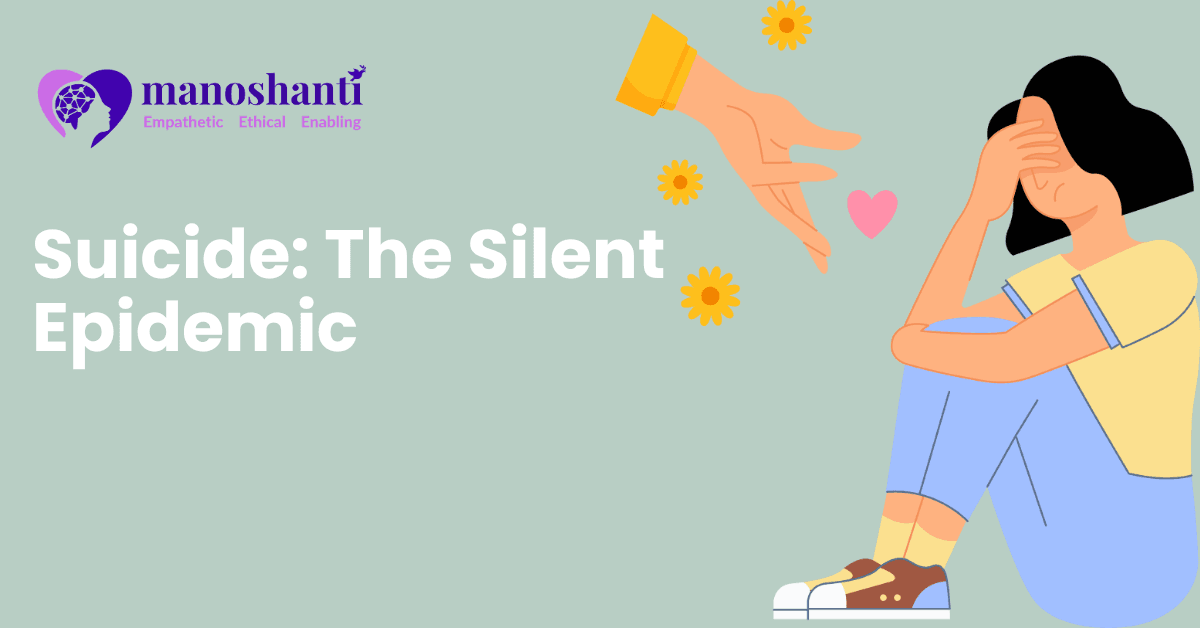Introduction:
A cancer diagnosis often brings with it a torrent of emotions, including fear, uncertainty, and despair. The weight of the disease, coupled with the rigors of treatment, can lead to heightened levels of depression among patients. Research indicates that up to 20-30% of individuals diagnosed with common cancers such as breast, uterus, lung, pancreas, stomach, and intestines are at risk of developing depression, with higher rates observed in the young and in women.
Causes of Depression in Cancer Patients:
Psychological Impact of Diagnosis:
The mere revelation of a cancer diagnosis can induce a profound sense of dread and hopelessness. Facing mortality and the challenges of treatment can be overwhelming, triggering depressive symptoms.
Physical and Emotional Toll of Treatment:
Cancer treatments, including chemotherapy, radiation, and surgery, often come with a myriad of side effects. The physical toll, combined with the emotional strain of coping with the changes in one’s body, contributes significantly to the development of depression.
Pain and Discomfort:
Chronic pain, a common companion to cancer, can be a relentless source of distress. Constant pain not only affects the body but also takes a toll on mental well-being, contributing to the development or exacerbation of depressive symptoms.
Chemotherapy-Induced Depression:
Some chemotherapy drugs have been associated with mood changes, potentially leading to depression. The impact of these drugs on the delicate balance of neurotransmitters in the brain can contribute to the onset of depressive symptoms.
Recognizing and Treating Depression in Cancer Patients:
Recognition of depression in cancer patients is crucial for improving treatment outcomes, enhancing the quality of life, and increasing the likelihood of remission. The following strategies can be employed to address depression in cancer patients:
Screening and Early Intervention:
Implement routine screening for depression during cancer care assessments. Early detection allows for timely intervention, preventing the escalation of depressive symptoms.
Integrated Care Approach:
Foster collaboration between oncologists and mental health professionals to create an integrated care plan. This ensures that both the physical and emotional aspects of the patient’s well-being are addressed simultaneously.
Pharmacological Intervention:
In certain cases, pharmacological intervention, such as antidepressant medications, may be recommended. These can help stabilize mood and alleviate symptoms, promoting a more positive outlook.
Psychosocial Support and Counseling:
Engage patients in counseling sessions and support groups. Providing a safe space for patients to express their fears and emotions can be instrumental in coping with the psychological impact of cancer.
End-of-Life Care:
Palliative Care:
Introduce palliative care early in the treatment process. Palliative care focuses on relieving symptoms and improving the quality of life, offering both physical and emotional support.
Advance Care Planning:
Facilitate discussions on advance care planning to ensure that patients’ preferences for end-of-life care are respected. This includes decisions about resuscitation, life-sustaining treatments, and hospice care.
Emotional and Spiritual Support:
Acknowledge the emotional and spiritual needs of patients and their families. Integrating chaplaincy services and providing access to counseling can offer comfort during challenging times.
Dignified Endings:
Prioritize efforts to ensure that patients experience a dignified and peaceful end. This involves managing symptoms effectively, fostering emotional support, and honoring the patient’s wishes.
Conclusion:
Recognizing and addressing depression in cancer patients is an integral aspect of holistic care. By acknowledging the psychological toll of the disease and its treatment, healthcare professionals can contribute significantly to improving patient outcomes, enhancing the quality of life, and supporting the journey toward remission.





